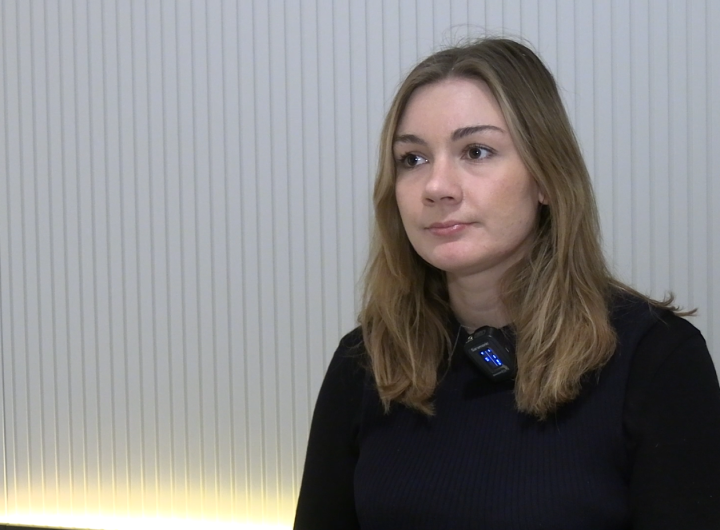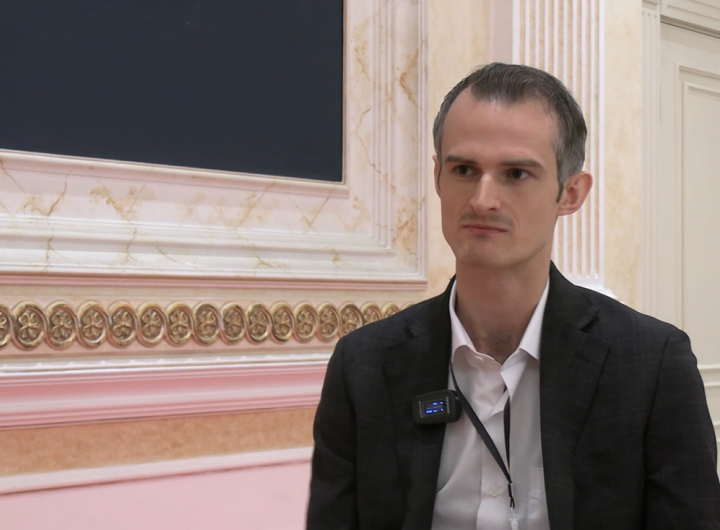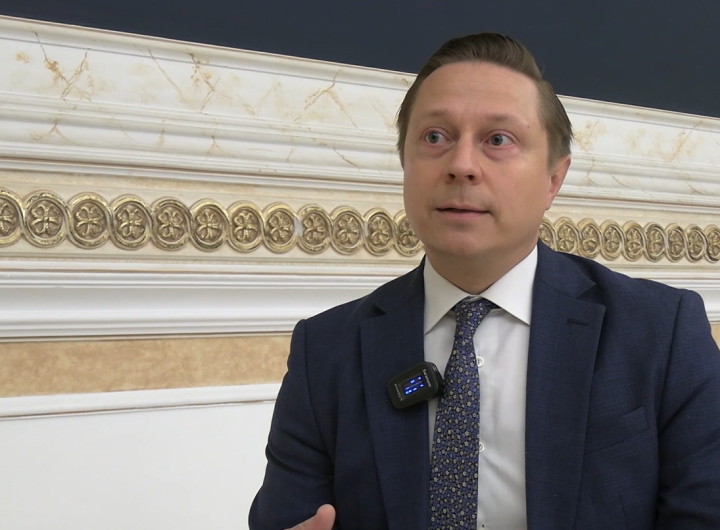
Historian and author of several books on disinformation Jason Steinhauer in an interview for The Geopost has spoken about the situation of disinformation in Europe and the Balkans after the Russian aggression in Ukraine emphasizing the effectiveness of social networks in spreading harmful narratives and disinformation campaigns in the last 10 years.
It shows how the governments of these countries can stop this phenomenon by investing more in relevant education about the use and possibilities of social networks.
As for the media of Kosovo and the Balkans, he emphasizes that they should have transnational cooperation with the countries of the whole world because these platforms are global and the problems are common.
Full interview:
Geopost: How do you see disinformation situation in Europe and in Balkans after the Russian aggression in Ukraine?
Steinhauer: I was actually just in Europe with the State Department traveling on a five weeks, six country tour and even as someone who studies disinformation I was really surprised to see how deeply disinformation narratives have penetrated across Europe, particularly in Balkans, whether be on Covid 19, whether be on anti-Semitic conspiracies, whether be on Ukraine-Russian war, it’s really sort of startling to see how even after being aware of social medias effectiveness in spreading harmful narratives and disinformation campaigns over period of now close to 10 years, we still have so much work to do to get our handle on, how and why these narratives are spreading so quickly and what mechanisms we have to contain them and what education we need to do to teach people to be more aware and more savvy and how they navigate these businesses.
Geopost: What can governments do to adapt to address this problem with social media?
Steinhauer: One thing I’ve been saying repeatedly of late is that I think, the governments have responsibility to invest in education, it’s amazing to me how we’ve been using platforms like Facebook now for close to 20 years and still people know so little about how Facebook works, how the algorithm works, what types of information Facebook privileges in the news feed, why facebook privileges certain information and not others?
We use these tools every day, yet, most of us have really no idea how they work! You get more instructions with your IKEA furniture than you do with your Facebook app.
I think government has responsibility to invest in platform literacy, information literacy, media literacy, I think we need to see far more investment in that area and we need to make sure that that type of literacy in education actually reaches the people who need it most.
Geopost: What is your message for the media in Balkans and especially in Kosovo?
Steinhauer: One of my messages is that this is so wicked and challenging problem that we need to work transnationally, these are global platforms. The Issues that pop-up in Kosovo or in Bulgaria are also popping up in US and in Latin America because the platforms are global, a lot of dynamics apply across countries and across boundaries, yet, too often we think of these things in national context, we have to do “X” in Kosovo and “Y” in US, I think we actually need more collaboration between all those countries, we need to be looking transnationally and how these platforms work, how these disinformation campaigns learning from each other and what’s happening behind the scenes. I think, if we pull our knowledge and resources and not work in “silos”, we have a better chance of success.
/Geopost/

 Disinformation on the Rise, Georgia: Russia Exploits Societal Vulnerabilities in Romania and the Balkans
Disinformation on the Rise, Georgia: Russia Exploits Societal Vulnerabilities in Romania and the Balkans  Olena Churanova: The Kremlin understands that any conflicts or provocations weaken other countries
Olena Churanova: The Kremlin understands that any conflicts or provocations weaken other countries  Klingova: Pro-Kremlin narratives threaten democracy in Slovakia and the region
Klingova: Pro-Kremlin narratives threaten democracy in Slovakia and the region  Vasickova: Chinese disinformation on the rise, amplified by pro-Russian narratives
Vasickova: Chinese disinformation on the rise, amplified by pro-Russian narratives  Election Integrity, Graham Jones: International Cooperation Needed Against Disinformation
Election Integrity, Graham Jones: International Cooperation Needed Against Disinformation  Russian Influence and Hybrid Operations, Pyysalo for The Geopost: Balkans Must Fight Disinformation
Russian Influence and Hybrid Operations, Pyysalo for The Geopost: Balkans Must Fight Disinformation